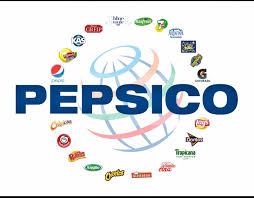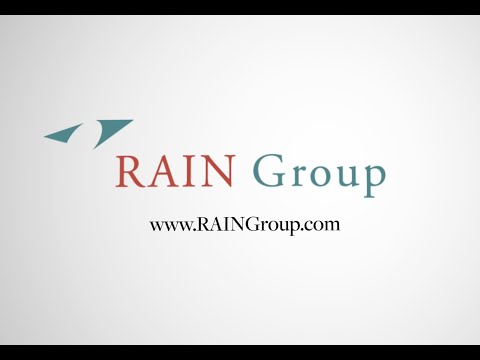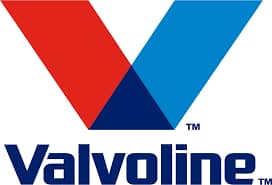About International Trust Security
Intrsc is a courier/shipping service established in the year 2011. Intrsc, we work hand in hand with Shipping Cooperative Companies to connect people with goods/services and have their frieghts shipped and deliver safely to their doorstep or any active pickup station near third party (the receiver).
Intrsc is an innovative service with effective logistics solution for the delivery of small and large cargo. This service is useful for companies of various effective logistics scale.
We provide complete international freight forwarding and logistics services, including: air freight, ocean freight, customs clearance, loading and transloading, consolidations, warehousing and distribution (including packing and crating), cargo insurance and other value added logistics services. Our Mission is to retain our leadership in providing affordable & efficient service. Start now online or visit any of our locations today.
We are based in UK, Denmark, USA, Australia & Poland with active offices and pick up stations across these listed locations. And we are expanding to other countries.
The success of our company is determined on the quality feedback that we get from all of our valued customers as we have a reputation to always be Ready, Set, Delivery it...
Cargo Delivery
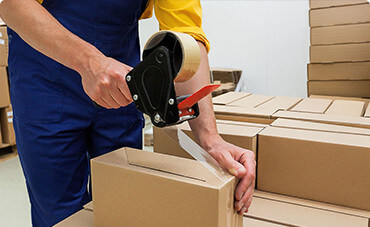
More Control, for Free
Intrsc Service
Expand with E-Commerce
Intrsc Service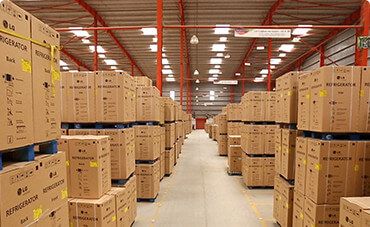
More Than Anywhere Shipping
Delivery Service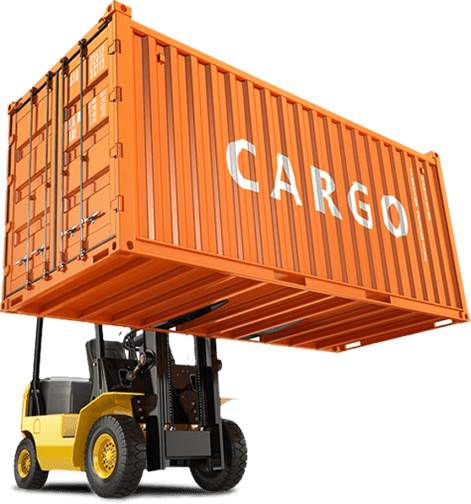
International Cargo
We are based in UK, Denmark, USA, Australia & Poland with active offices and pick up stations across these listed locations. And we are expanding to other countries.
frequently asked questions
Anywhere Shipping
Intrsc is an innovative service effective logistics.
Intrsc is a courier/shipping service established in the year 2011. Intrsc, we work hand in hand with Shipping Cooperative Companies to connect people with goods/services and have their frieghts shipped and deliver safely to their doorstep or any active pickup station near third party (the receiver).
Cargo is the term used to describe the goods moved on a conveyance, and logistics is the science and art of organizing that movement. While cargo refers to the goods and materials, logistics is the end-to-end gambit, including customer support.
In short, the term cargo is traditionally used to refer to commercial goods shipped by sea or plane, and mail of course, is always cargo. Freight on the other hand, is cargo moved overland in trucks or trains.
Cargo is a general term used to refer to any goods that are carried on a ship, plane, truck, or other form of transportation. Shipment, on the other hand, is a specific term used to refer to a certain amount of cargo that is being transported at one time.
1. Containers
This is the cargo that most laymen are familiar with. Here, the cargo is stored and transported in shipping containers of different sizes. They can contain toys, clothes, TVs, fridges, refrigerated goods, and more. The type of cargo you’re carrying determines the kind of container it’ll be stored in.
2. Dry Bulk Cargo
Next, we have dry bulk cargo which is usually homogenous, in large quantities, and unpacked. Some examples include sand, iron core, grain, gravel, cobblestones, and more. It is usually transported by shore-cranes or vessels and offloaded with funnels.
3. Liquid Bulk Cargo
As the name implies, these are cargo in the form of liquid gas or free-flowing liquid. They are carried in special tanks that are connected to articulated lines pipes. They include crude oil, chemicals, natural gas, vegetable oil, wine, and more.
4. Break Bulk
This is commonly called general cargo and is not put together in a container. Instead, the pieces are handled individually and when being shipped, they could be unpacked or placed in a crate. It involves delivering items for construction or industrial work. The cargo includes generators, steel rods, wind turbine blades, pipes, and more.
5. Roll-On Roll-Off
Commonly called RO-RO, this is any cargo that has to be rolled on and rolled off the vessel. These include cars, trailers, buses, tractors, generators, containers, or constructed equipment. When loading them on, they can be self-driven, towed, wheeled, or placed in a roll-trailer.
Parcel shipments are small, lightweight, individually packaged and labeled, and they typically weigh 75 pounds or less. However, most parcel carriers allow shipments of up to 150 pounds and 165” in length + girth. Freight, on the other hand, is any shipment that weighs more than 150 pounds and is normally boxed, palletized or crated.



